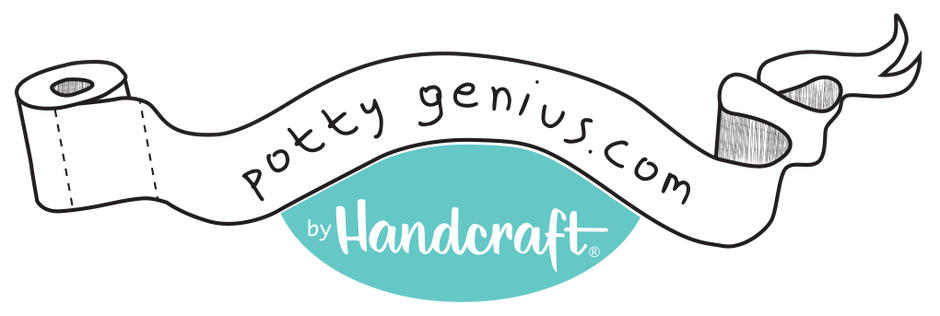Potty Genius Blog
How to Avoid Potty Training Regression
by Angie Long
Angie is an experienced freelance writer and mother of two. She has extensive experience working in professional training, including the development and evaluation of training and exam material. She has a background in elementary education. Angie has a 4-year-old who still struggles with potty training, yet her 8-year-old nailed it by two years of age.

You think you’re parent of the year after mastering potty training, and then—as if taking your medal of honor away—your toddler starts pretending like all the time you spent huddled in the confines of the bathroom never occurred at all. Its normal to have an occasional accident, but when your toddler completely reverts back to needing diapers, it could be potty training regression. In an article on the Pull-Ups website, director of pediatrics for Mercy Family Care in Baltimore, Dr. Charles Shubin, defined potty training regression as when a child has multiple accidents or refuses to use the toilet after successfully finishing the potty training process. There could be several reasons for regression, none of which are anyone’s fault.
Possible Potty Training Regression Triggers
- A new brother or sister—Children can feel the need to gain attention when there’s a new family member, and sometimes they don’t know how else to get it besides doing it in a negative way. Even if the attention they receive after soiling their pants isn’t positive, they’re okay with simply getting any form of attention. Regressing during potty training is a desperate plea to be noticed and can happen even without the addition of a new child in the family.
- Stress—Any change in routine can cause stress on a child. This can include an unpleasant experience using the toilet, which they now assume will happen if they use it again.
- A urinary tract infection—An infection can make it difficult and painful to eliminate urine and control the bladder.
- Starting too young—One child may be ready to learn the ins and outs of potty training earlier than another child. Don’t assume that your child is ready just because someone else’s child started training at the same age. A child will master potty training when emotionally and physically ready. If your child started training too young, it could be possible that they were briefly interested in it, but was never fully potty trained to begin with.
Get Back on Track
Remember that just because your child has had an accident doesn’t mean its potty training regression. An occasional accident is to be expected. If it is potty training regression, know that it is common and manageable. Consider the following tips for getting back on track:- Start from square one. Dr. Shubin reminds parents to set clear expectations and predictable responses to those expectations. Reward good behavior and ignore unwanted behavior.
- Read potty training books to your child. Books about potty training may interest him or her a little more, and make your child realize that they’re not alone.
- Ask for help from older siblings. They’re usually eager to be good role models.
- Make a schedule and stick to it. This is especially important when your child is busy playing, as many accidents occur because the child is simply having too much fun!
- Reassess your reward system. If you started potty training without giving rewards, it could be possible that your child thought, “Wait a minute. What do I have to gain from using the potty?” Even if you did use a rewards system and thought you could get away with stickers, it might be time to take your reward system to a new level. For example, you can try giving your child an M&M each time they use the potty successfully. And when M&M’s aren’t enough, try something else, such as extra play time or reading an extra book during bedtime. Just keep in mind that even a simple verbal compliment might be a good enough reward. Don’t assume that awards always work, though. Sometimes the pressure to get the reward can be detrimental in itself.
